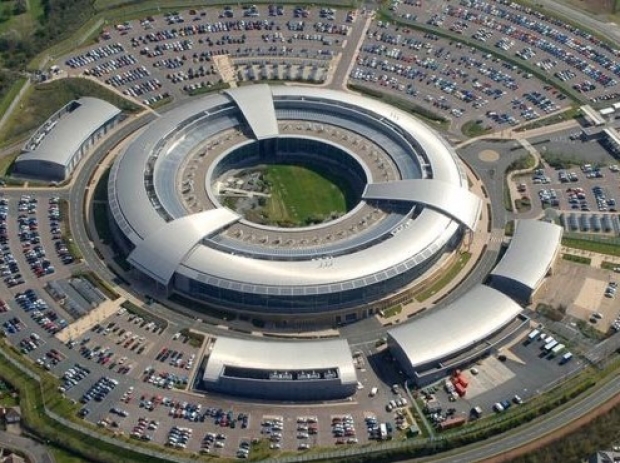Of course, the UK spooks would not get away with this if the UK was still in Europe, but with Brexit, it has a serious chance of snooping on encrypted mail for the good of the country.
Currently, the only people to notice what the British spooks were doing were the tech companies. A group of 47 of them including Apple, Google, Microsoft, and WhatsApp have strongly criticised a proposal by the UK intelligence agency GCHQ to eavesdrop on encrypted messages.
In an open letter published on Lawfare, the companies say that the plans would undermine security, threaten trust in encrypted messaging services, and ultimately endanger citizens’ right to privacy and free expression.
GCHQ’s cunning plan was first published last November. In the essay, two senior British intelligence officials argue that law enforcement should be added as a “ghost” participant in every encrypted messaging conversation.
This would mean that intelligence agencies would be CCd in on encrypted messages, without users knowing they’re present in a chat. The authors of the proposal argue that this solution is no more invasive than current practices around eavesdropping on unencrypted telephone conversations.
Although this approach would remove the need for any back doors to be added to encryption protocols, the signatories of yesterday’s letter argue that this solution would still “seriously undermine user security and trust”.
They say that the proposals would require messaging apps to change how they use their encryption, and they’d need to mislead users by hiding messages or notifications about who’s present in a chat.
One of the proposal’s original author’s Ian Levy from the National Cyber Security Centre said that the proposal was “hypothetical” and that it was only intended “as a starting point for discussion”.




